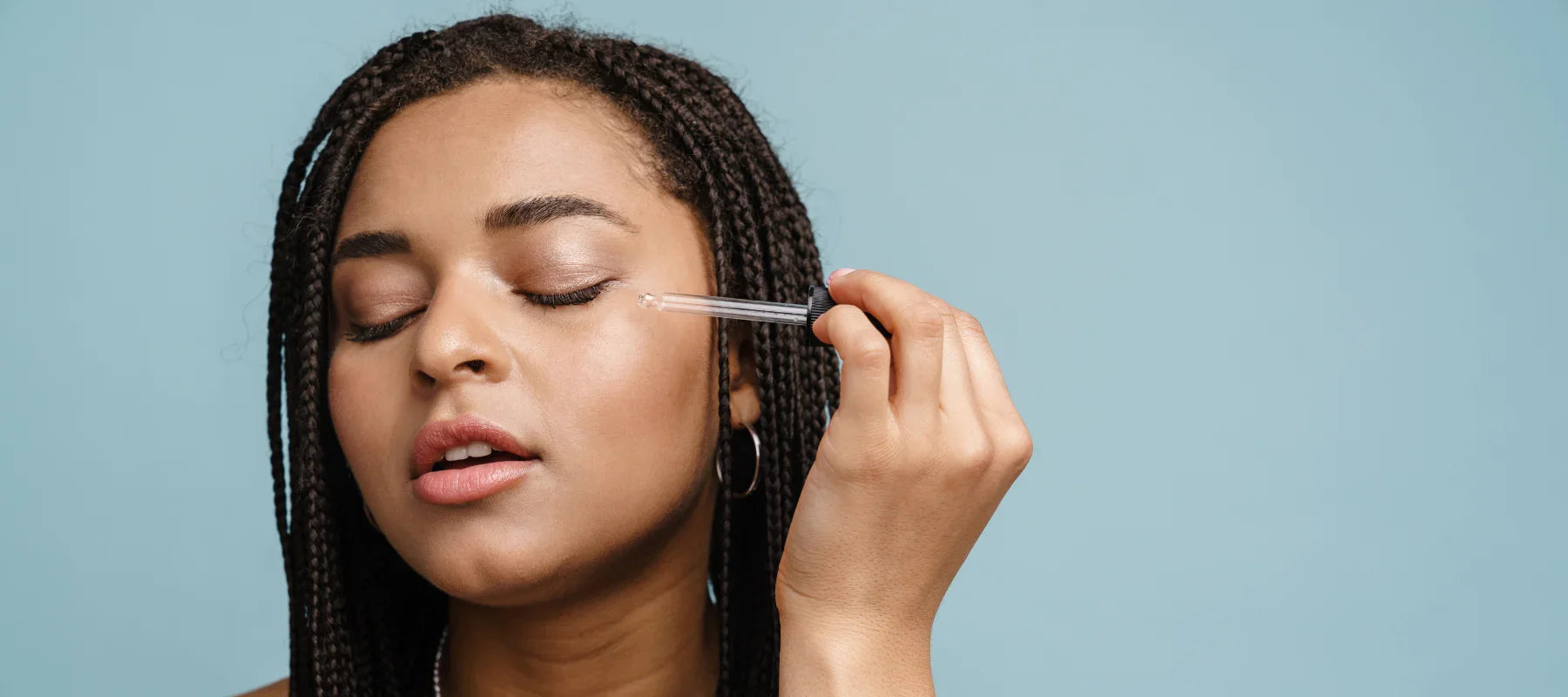
Understanding The Difference: Tretinoin Vs. Retinol
Introduction to Tretinoin and Retinol
Numerous skin care products on the market promise to heal acne, boost collagen, minimise wrinkles and fine lines, and improve the skin's texture. Many of them are also very effective. This is because they contain retinoids, an active ingredient.
Still, there are differences among retinoids. There are several different types of retinoids, including tretinoin and retinol. Retinol and tretinoin are two of the most commonly available active chemicals in skin care products. Knowing what each skin care product can and cannot do for your skin can help you choose between tretinoin vs retinol.
In this article, learn the key tretinoin and retinol differences, what they are, how they work, and more. So, continue reading.
What is Tretinoin?
Tretinoin is usually a pathway to skin prone to acne and sun damage. One can apply it in the form of a gel or cream. You can either purchase tretinoin separately or in conjunction with other non-pharmaceutical ingredients.
How it Works
Like many other acid-base topicals and creams, tretinoin promotes cell formation by first irritating the skin. Despite what might seem like a contradiction, itching speeds up the skin's natural cell formation process. This leads to a faster turnover of cells, revealing a fresh layer of healthy skin.
Benefits For The Skin
Tretinoin reduces dark spots and fine wrinkles from persistent sun damage. This results in it functioning as a mild skin-lightening agent that targets dark areas of the skin, helping to even out the skin's texture. Given this, we commonly use it for hyperpigmentation.
Commonly Prescribed For Acne And Anti-Aging
- Tretinoin significantly impacts your skin’s cell growth. Through its ability to brighten dark skin and replace ageing skin with new, tretinoin has anti-ageing properties.
- Also, by unclogging clogged pores and eliminating dead skin cells, tretinoin treats acne at its source. This procedure facilitates the removal of obstructions and helps stop the formation of new lesions.
What is Retinol?
Retinol is another widely used active component in skin care products. Regarding retinol tretinoin difference, the former is available over-the-counter in various cosmetic and skin care products and does not require a prescription.
It can promote collagen formation for skin that looks younger and assist in creating brighter, gentler, and smoother skin. It is quite well-liked in the beauty business for this reason.
Also read: Revealing the Benefits of Retinol for Skin
How It Differs From Tretinoin
While tretinoin interacts directly with skin cells, retinol, despite being applied topically, doesn't genuinely affect the skin. This is a significant distinction between the two compounds – tretinoin vs retinol.
After absorption, retinol is transformed into retinoic acid by a metabolic process that uses the natural enzymes in your skin. The skin is the primary organ in which retinoic acid functions. Still, you must continue your treatment to notice results because this procedure takes time.
Benefits For The Skin
By stimulating the skin's collagen production, retinol helps minimise fine lines and wrinkles. Skin looks smooth and velvety because of an essential protein — collagen.
One of the retinol's other anti-ageing benefits is that it promotes skin cell turnover by encouraging the growth of new blood vessels in the skin. Renal smoothing, age spot fading, and hyperpigmentation improvement are other advantages of retinol.
Over-The-Counter Availability
One benefit of tretinoin is that it is usually more expensive than retinol. Moreover, one can buy retinol without a prescription. However, you might need to use it longer before noticing any improvements since it is weaker than tretinoin.
Note: Your skin starts getting dry and becoming sensitive to the sun's harmful UV rays. To ensure your skin stays hydrated and sun-protected, apply the Mineral Matte Tinted Sunscreen 50 g by Peter and see what happens.
Key Differences Between Tretinoin and Retinol
Strength and Potency
Compared to retinol, tretinoin has up to 20 times higher potency and can enhance the appearance of the skin more quickly. Results from tretinoin treatments for photoaging or acne can be seen in as little as 4-6 weeks.
Retinol, on the other hand, takes at least 12 weeks to start showing results in smoother skin with better tone and texture and the elimination of fine lines and wrinkles. However, tretinoin could have additional adverse effects, especially for those with sensitive skin.
Availability
Since it is not available over-the-counter (OTC), tretinoin can only be purchased with a prescription from a medical professional.
Still, retinol can be found in a large range of over-the-counter (OTC) skin care treatments. Products containing retinol are available in the personal care departments of many supermarket shops as well as the majority of large pharmacies.
Conclusion
Retinol and tretinoin are well-liked acne and anti-aging therapies. The primary distinction between these two chemical is that tretinoin, also known as prescription retinoid, is considerably stronger and can only be purchased with a prescription.
Find out from your doctor if tretinoin is the best course of action for you. While you wait, you can start using acne self-care practices and gradually increase your retinol concentration from 0.25% to 1%.
Also read: Retinol And Niacinamide: A Powerful Combination
FAQs:
Is tretinoin harsher than retinol?
Tretinoin is more powerful than retinol, although this power may also come with some harshness. Like all other members of the retinoid family, tretinoin and retinol tend to irritate and dry out the skin.
Does retinol cream go well with sunscreen?
Sure, of course! Sunscreen is a need if you're using retinoid creams; it's not merely advised. Why? Since topical retinoids increase your skin's sensitivity to sunlight, they increase your chance of developing sunburns.
Which skincare items should I stay away from when using retinoids?
You might want to avoid facial hair treatments like waxing if you're using topical retinoids. These may result in unfavourable side effects.






















































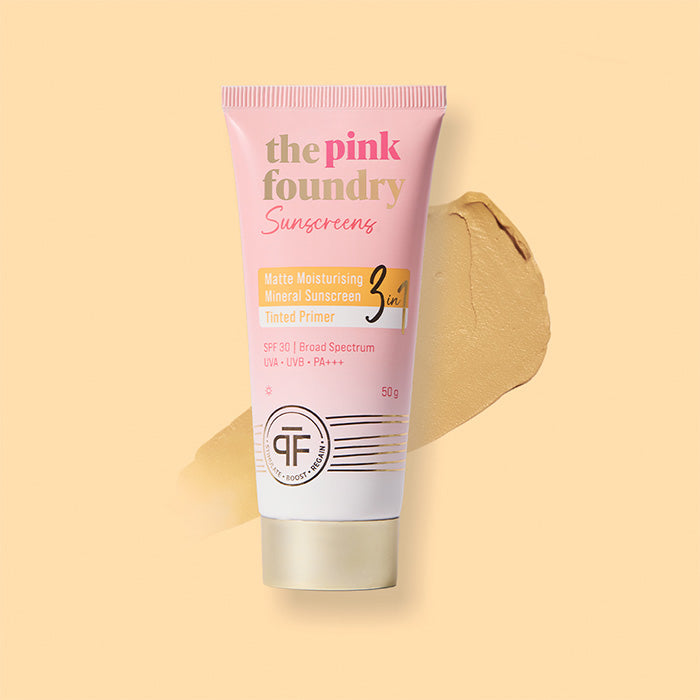
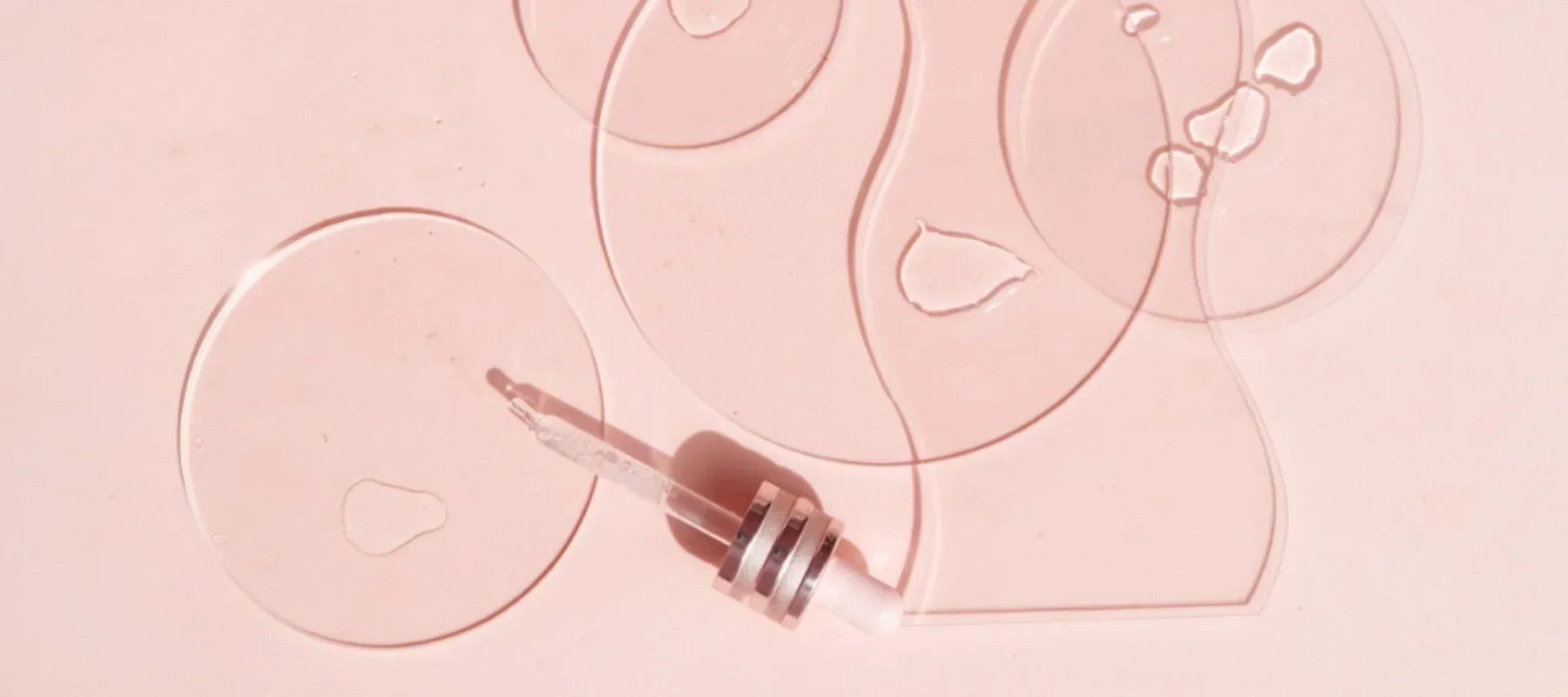

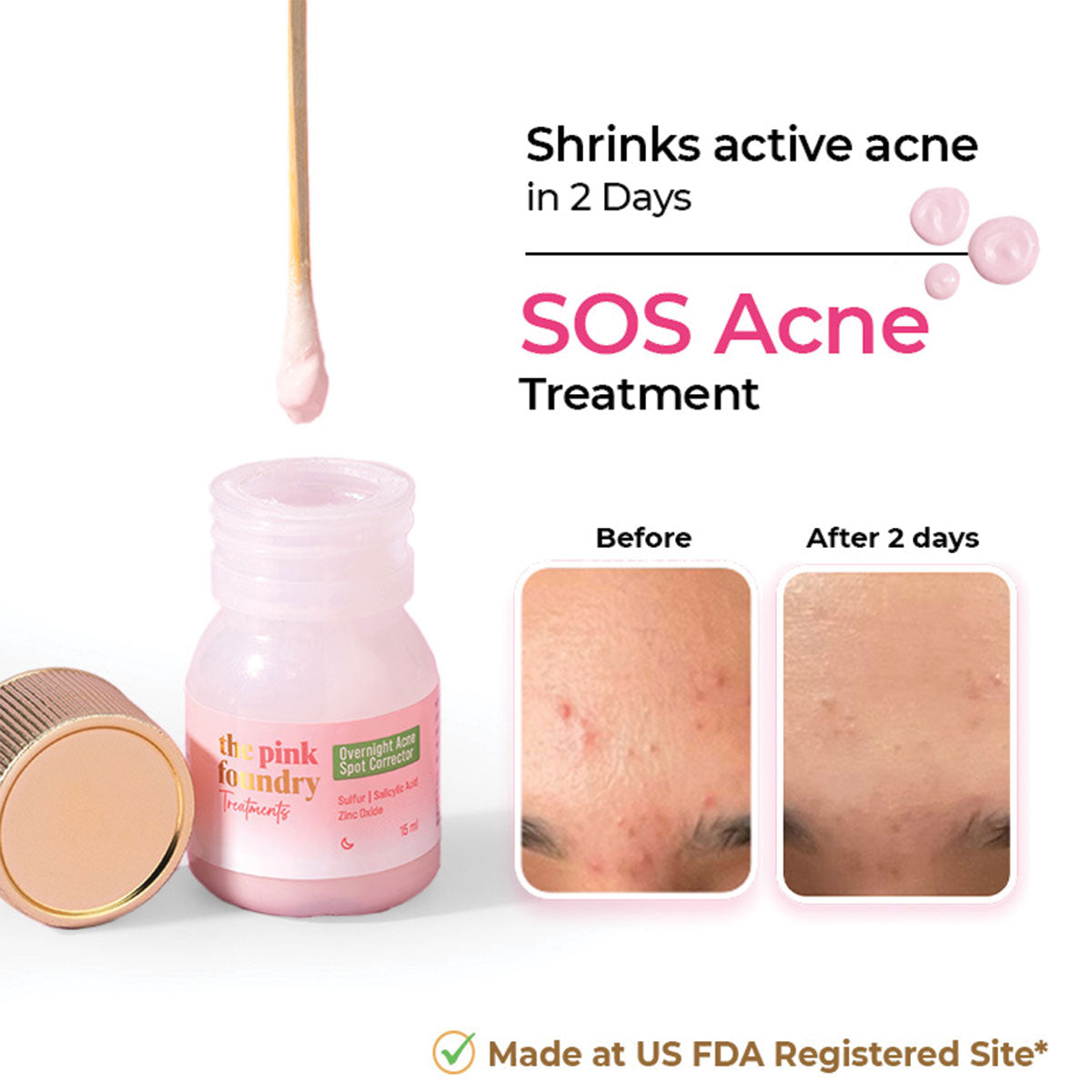
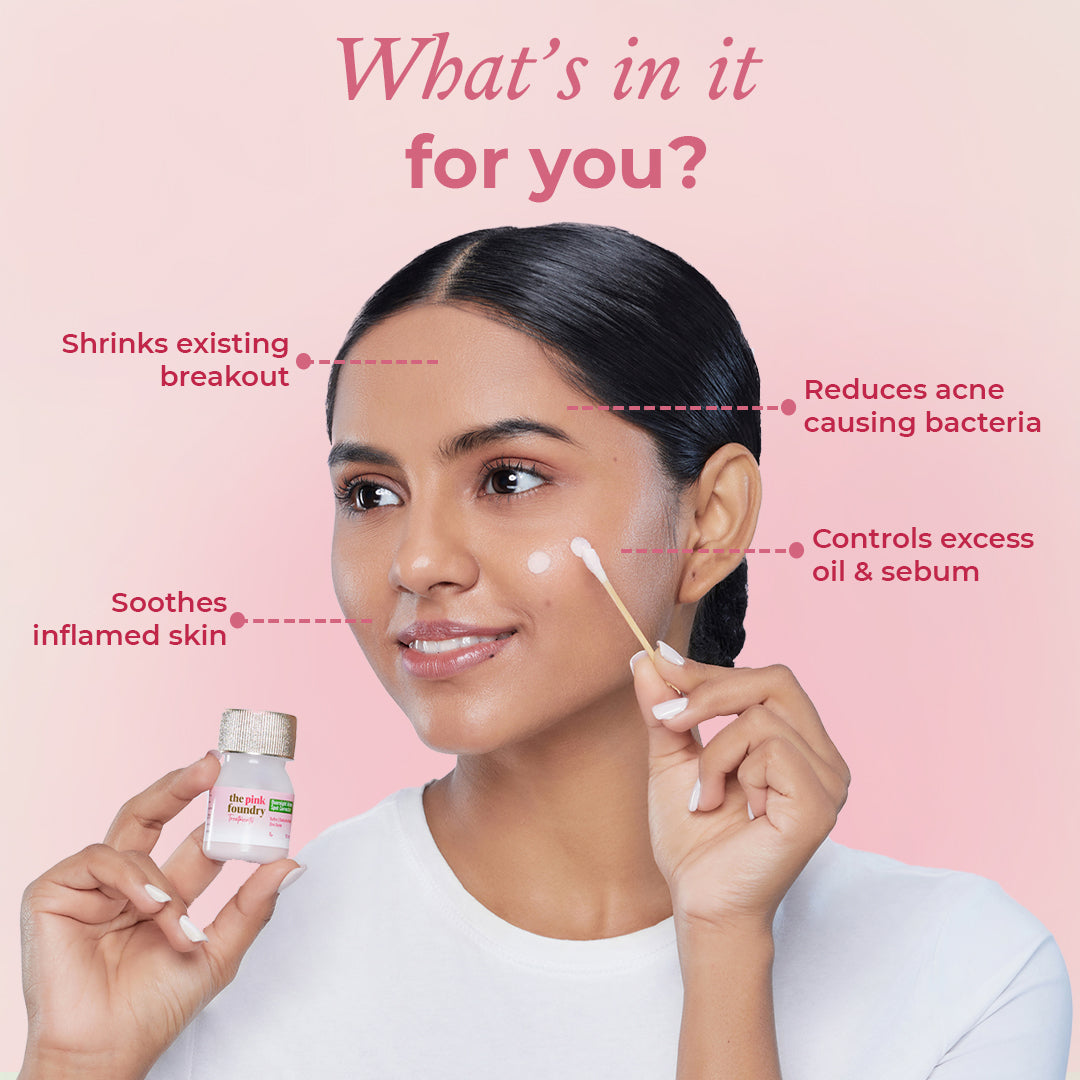


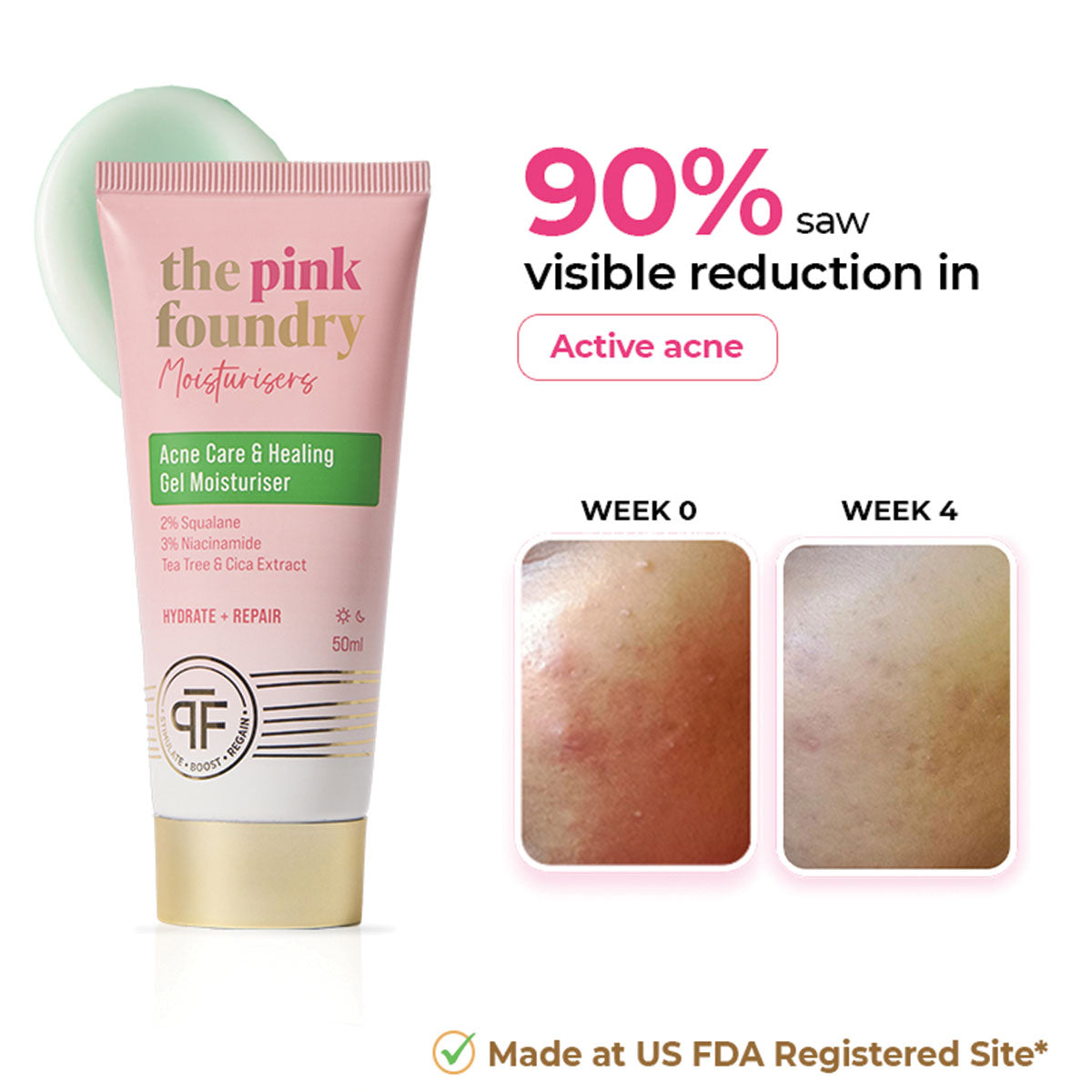
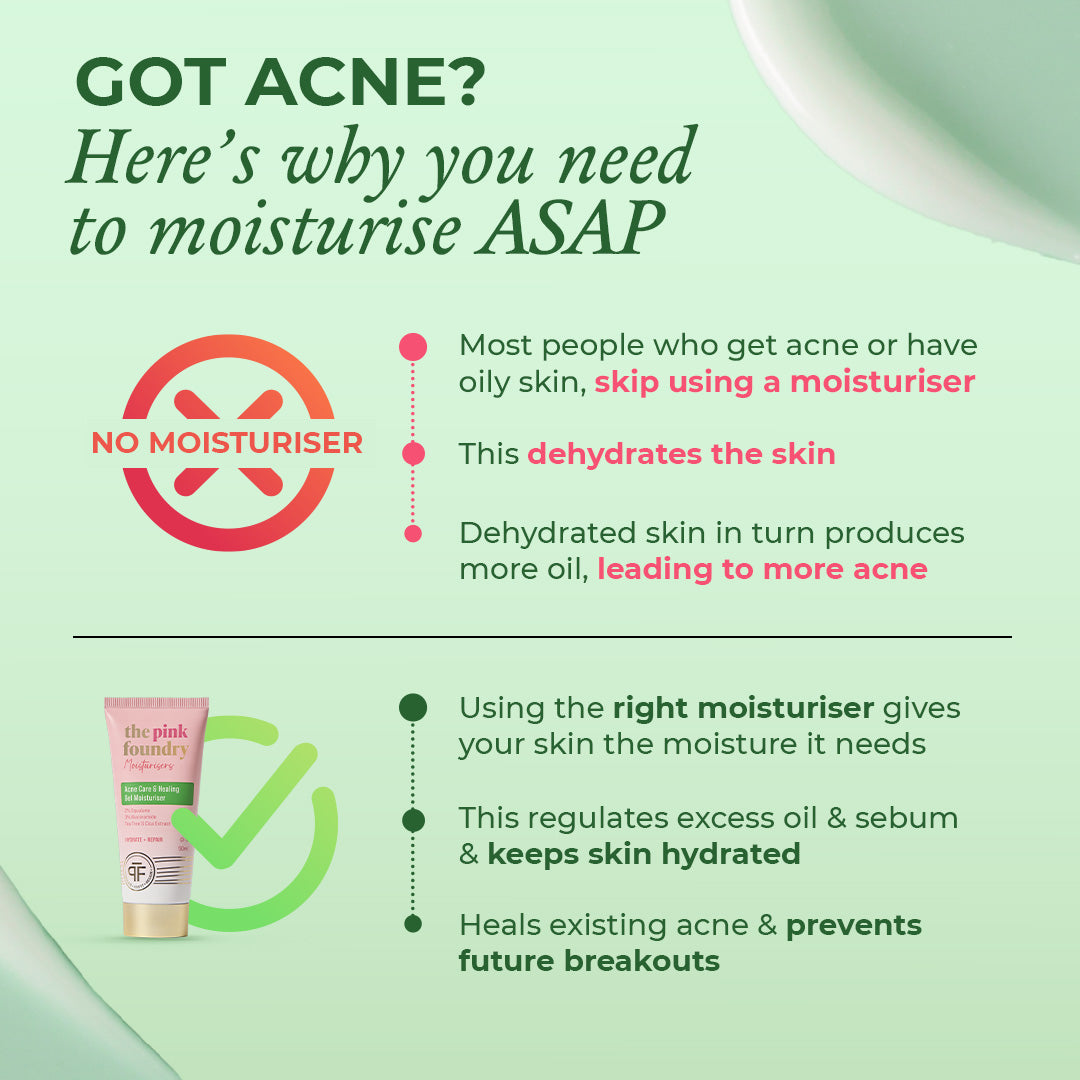










Leave a comment
This site is protected by hCaptcha and the hCaptcha Privacy Policy and Terms of Service apply.